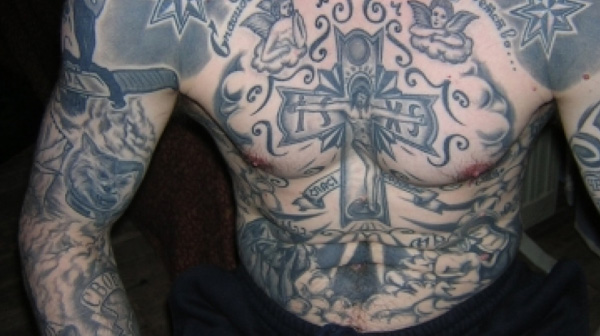Georgian Prime Minister Giorgi Kvirikashvili has announced that he is going to fight against “thieves in law” and to bring them to criminal liability. Many of our compatriots got inspired: “this is how it needs to be done, it would be so much better, if we also…”. I like most of the things happening in Georgia, but this statement is either a populism and empty words, or clear promise of lawlessness, or both.
There is no “thief in law” legal status in any country’s Criminal Code. There are people who are suspected, accused, convicted or are under investigation for committing specific crimes. If a “thief in law” has committed a specific crime, he should be condemned by the article prescribed by law. If the person regardless of committing a crime or not, has been convicted and has already taken the appropriate punishment, then he is a citizen like all other citizens.
Kvirikashvili means the following: if a person confesses or “proclaims” that he is “a thief in law”, it is already a ground to pursue him. It turns out as Andrei Vyshinsky, Stalinist justice system prosecutor, once described: “confession is the queen of proofs”. So, if I declare in Georgia that I am a “thief in law,” I will immediately be arrested. You should agree that this is a strange logic. It is said that the “thief in law” is proclaimed by the so-called “criminal assembly“.
But it is also not a legal category. After all, one can also consider his family dinner as a “ criminal assembly “. And vice versa, if a citizen who commits a crime declares himself not a thief in law, but a mother Theresa, it does not release him from responsibility.
Approximately the same unclear terminology was voiced yesterday in the Armenian parliament. Armen Ashotyan, Chairman of the Committee on Foreign Affairs suggested to ban the activity of totalitarian aggressive sects. But do we know what is a sect or is it determined by hunch? And even if we know, can we determine which sect is democratic, and which is totalitarian? Here, too, I think everything should be purely on the legal dimension. If a religious organization pushes a person to commit a crime, suicide, self-harm, and acts that harm children’s health, then the organization should be punished to the fullest extent of the law, but if the perpetrator did it on his own initiative, the sect has nothing to do with it: a follower of the Armenian Apostolic Church, or an atheist, could have committed the same crime.
Aram ABRAHAMYAN



















































